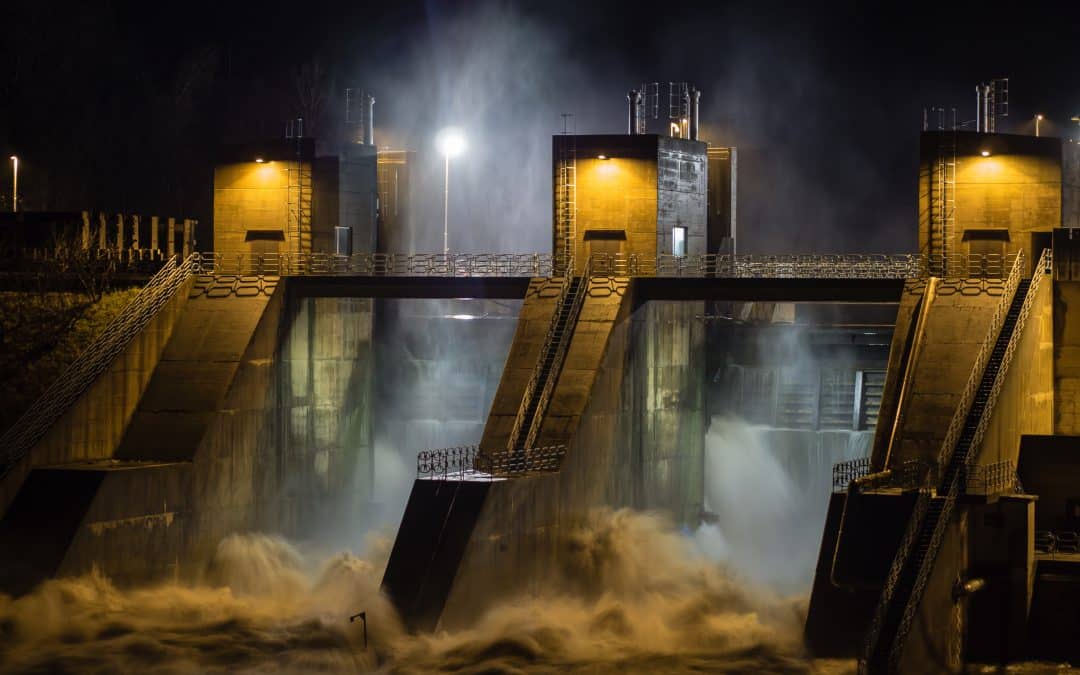The City of Burnaby now requires groundwater management for site remediation and construction development activities in Burnaby to be incorporated into the storm water management reports. The reports will be renamed to “Storm and Ground Water Management Plan (SGWM)”.
Historically, building perimeter drainage systems discharged to the storm sewer system. With consideration of the capacity of the storm water drainage systems, in concert with the increase in new buildings with multiple levels of underground levels, the City of Burnaby now requires a Storm and Ground Water Management (SGWM) Plan for new development applications where:
- The proposed development has 2 or more levels of below pre-development grade.
- The groundwater surface is close to the pre-development grade may also require a SGWM plan.
- The SGWM Plan will be required to address both the construction stage and post construction
- Geotechnical reporting will include observed ground water flows for the following information as minimum requirements
- Uninterrupted water table level monitoring during winter months for a minimum of 3 months
- The anticipated groundwater flow rates for collection and disposal by the new development based on the data collected during the monitoring duration
- installation of monitoring wells within the development site
- The depth of the monitoring well exceed the minimum foundation elevation by 2 meters
- A dedicated section of the SGWM report to detail the ground water management.Currently, groundwater encountered during site development is being discharged either to sanitary or storm sewers in the City of Vancouver and are regulated by City of Vancouver’s Sewer and Watercourse By-law No. 8093 (the By-law). Under the By-law, discharges from dewatering activities from a contaminated sites are prohibited to be directed to the City’s storm sewer unless with permission from the City. To obtain permission, applicants must demonstrate that the groundwater of the site is not contaminated, along with the Contaminated Site Groundwater Quality Declaration form completed by a Qualified Professional as defined by BC Ministry of Environment. For more information on how Keystone Environmental can assist you with this and other Environmental issues, please call Raminder Grewal at 604-430-0671 or email rgrewal@KeystoneEnvironmental.ca.
- If the conditions to discharge to the storm drainage system are not approved, then the discharge from dewatering activities must be directed to the sanitary sewer system through the application of a Waste Discharge Permit with the City.
City of Vancouver
Currently, groundwater encountered during site development is being discharged either to sanitary or storm sewers in the City of Vancouver and are regulated by City of Vancouver’s Sewer and Watercourse By-law No. 8093 (the By-law). Under the By-law, discharges from dewatering activities from a contaminated sites are prohibited to be directed to the City’s storm sewer unless with permission from the City. To obtain permission, applicants must demonstrate that the groundwater of the site is not contaminated, along with the Contaminated Site Groundwater Quality Declaration form completed by a Qualified Professional as defined by BC Ministry of Environment.
If the conditions to discharge to the storm drainage system are not approved, then the discharge from de-watering activities must be directed to the sanitary sewer system through the application of a Waste Discharge Permit with the City.
For more information on how Keystone Environmental can assist you with this and other Environmental issues, please call Raminder Grewal at 604-430-0671 or email rgrewal@KeystoneEnvironmental.ca.

